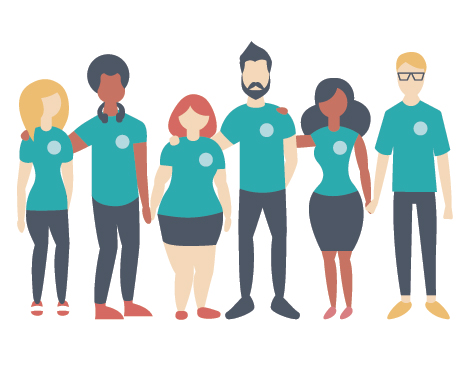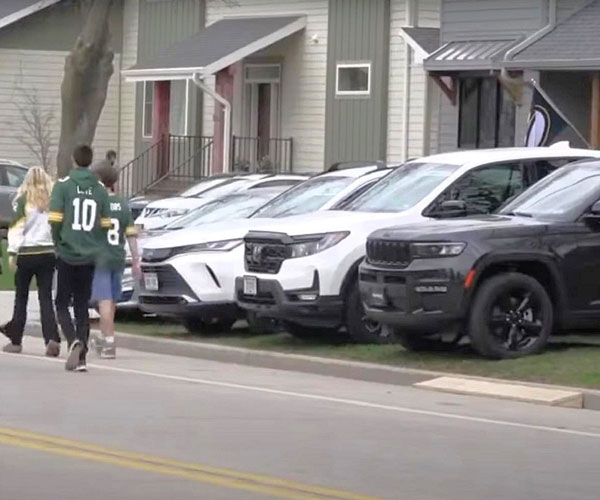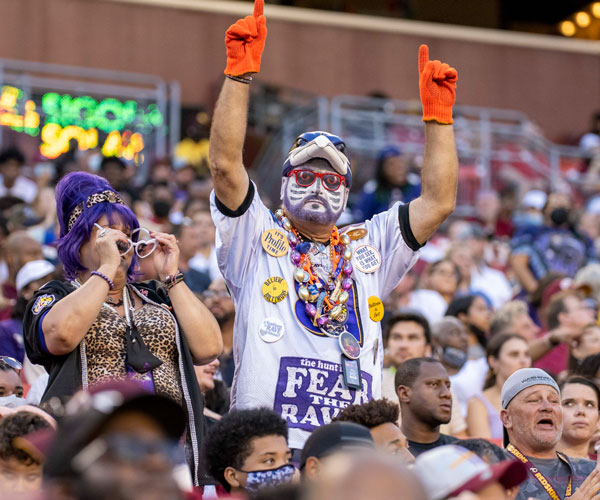Alex Sheen knows what you think about millennials. The 33-year-old would like to tell you that you’re wrong — and also maybe just a little bit right.
Six years ago, Sheen founded Because I Said I Would after the death of his father to small cell lung cancer. Since then, the nonprofit has distributed more than 9.8 million Promise Cards to convey the importance of promises made and kept.
“My father was a man with an impossibly high work ethic, who always kept his promises,” says Sheen. “When the eulogy I gave honoring his life went viral, people assumed I was living at a much higher standard, and I suddenly had to be the embodiment of commitment and maturity.”
Sheen quickly went from a tech company employee who occasionally enticed co-workers to meetings by riding a tricycle though the office with a case of beer to a nonprofit leader who crisscrosses the country speaking about the importance of character education. It’s a transformation that bucks society’s assumptions about (complacent, technology-obsessed and self-absorbed) millennials. But recent research in the world of philanthropy tells a different story.
According to numbers released this summer by Fidelity Charitable, 77 percent of millennials with investable income participate in impact investing, or investments that help achieve social or environmental benefits.
As a generation that has grown up with smartphones and social media, they more easily like and share causes and issues they feel are important. In 2013, 75 percent of millennials surveyed had liked, retweeted or shared a nonprofit’s social media content, according to the Millennial Impact Report.
READ MORE: Why Quirky Extracurriculars Are Vital to Northeast Ohio Schools
This has resulted in higher rates of charitable giving (84 percent) and volunteerism (72 percent), the 2015 Millennial Impact Report found.
“Millennials want to get their hands dirty, as opposed to solely doling monetary support,” says William Winans, vice president of brand strategy and marketing for the United Way of Greater Cleveland.
To engage more effectively with millennials, United Way introduced a host of new strategies, including creating affinity groups to help individuals get more involved with their local community and highlighting stories and tools on the organization’s website that help millennials see the results of their participation.
For Sheen, this intersection of storytelling, technology and action sits at the heart of his success as a nonprofit leader.
“Let’s not pretend that the goodness of a cause is motivation enough for millennials,” says Sheen. “Our clicks on social media will never change the world. But our actual involvement in the communities around us will always create the good we’re so desperate to see.”
Start your day the best way by signing up for our free daily newsletter. Arriving in your inbox every morning to keep you in the loop on the best guides, home and style tips, and news briefs for all things Cleveland. Click hereto subscribe.




